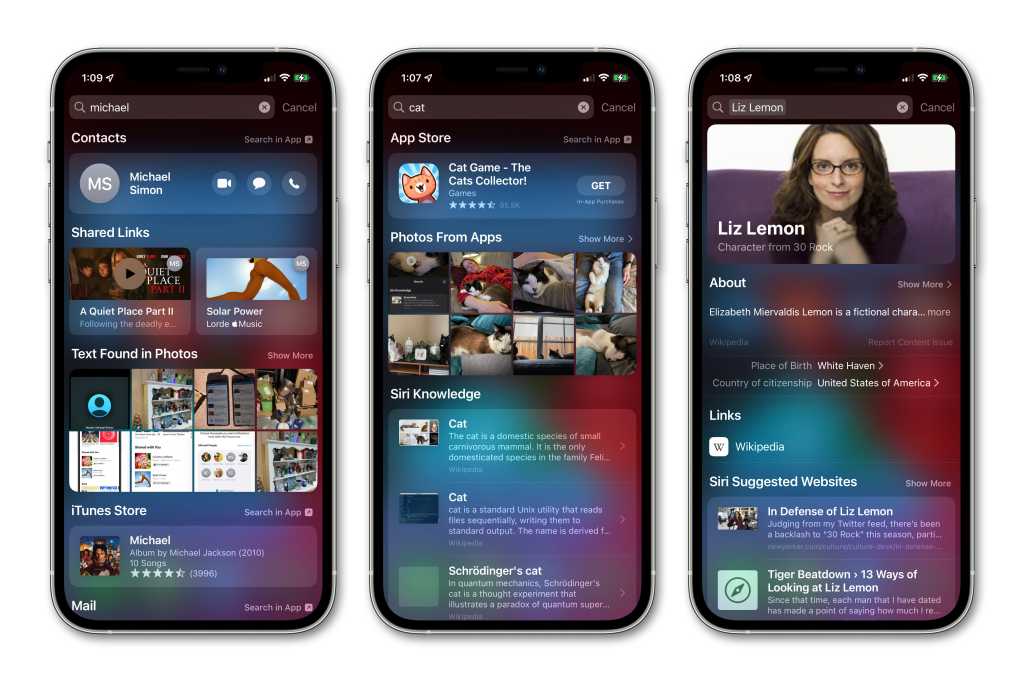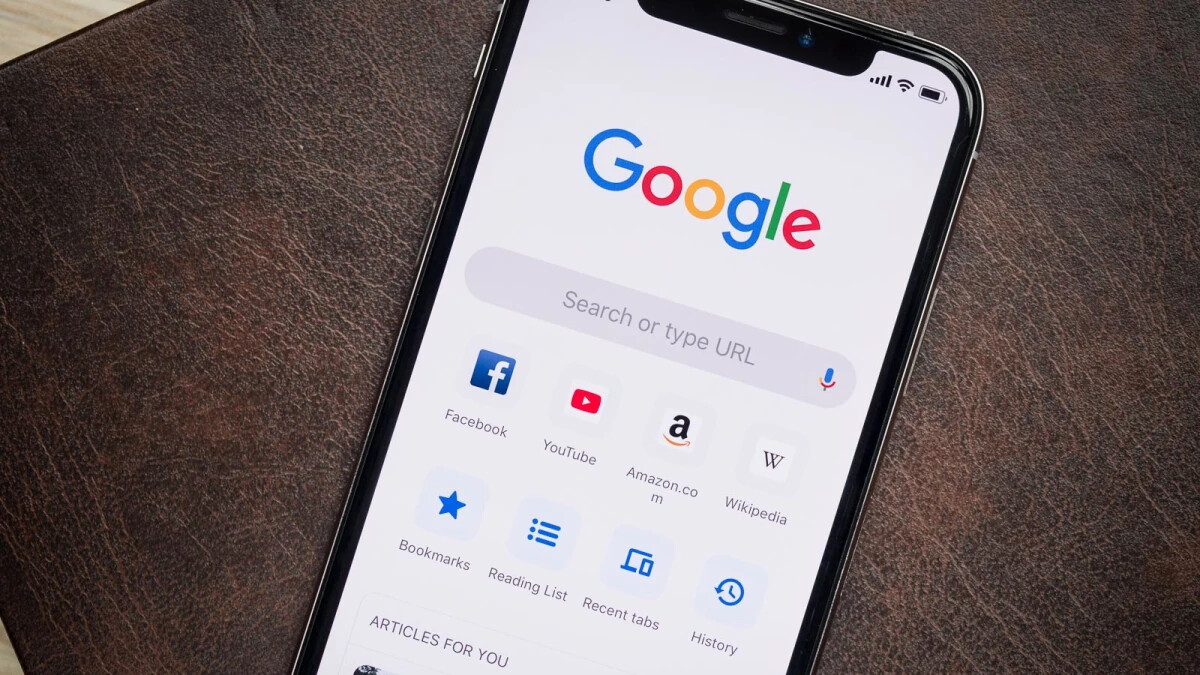Historically, Google’s embedded search engine has been the default go-to for millions of iPhone users. This symbiotic relationship has not only facilitated seamless searches for users, but has also created a lucrative revenue stream for Apple. Estimates suggest that Google shells out a whopping $8 billion to $12 billion annually to retain this default status on Apple devices.
Yet, the US government’s growing concerns about Google’s monopolistic practices in the realm of online searches and ad sales cast a shadow on this relationship.
Mark Gurman, in his Bloomberg “Power On” newsletter, delved deep into the prospect of Apple taking the search engine reins into its hands. While such a move might appear audacious, it’s not entirely unfounded. Apple has subtly incorporated search functionalities across its diverse suite of services, including the App Store, Apple TV, News, and Maps. These implementations hint at the broader picture of an Apple-centric search ecosystem.

“Pegasus,” the rumored code name for Apple’s innovative search engine endeavor, is reportedly under the astute guidance of John Giannandrea, Apple’s SVP of Machine Learning and AI. Its mission? To bolster search accuracy. Pegasus has already made its debut within select Apple apps, paving the way for a possible integration within the App Store.
Yet, the waters remain murky. Previous statements from Apple executives, including Eddy Cue, reflect a certain ambivalence towards establishing a standalone search engine. In fact, Apple declined an opportunity to buy Bing in 2020, fueling the debate on Apple’s actual stance on this matter.
Meanwhile, Apple’s Spotlight search feature has been undergoing significant refinements, transitioning from reliance on third-party results to a more autonomous mechanism.
The timing of these speculations coincides intriguingly with the antitrust lawsuit against Google, with Apple poised as a pivotal witness. Central to this legal confrontation is Google’s colossal deal with Apple, solidifying its default search engine status on iPhones. Amidst the legal wrangling, John Giannandrea unveiled a novel feature in iOS 17, enabling users to alter their default search engines in private browsing.

This inclusion hints at Apple’s commitment to empowering users with more autonomy in their search experiences.











